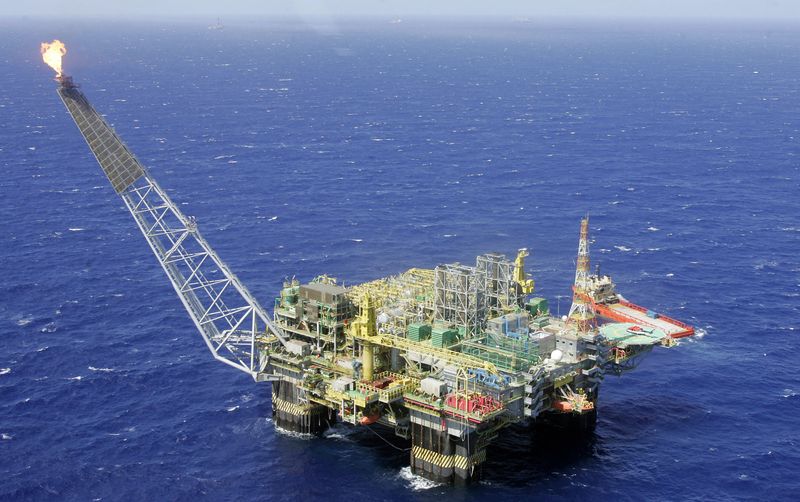By Peter Nurse
Investing.com -- Oil prices rose Thursday on optimism that China may be easing its tight mobility restrictions ahead of the weekend’s OPEC+ meeting to decide future output levels.
By 09:05 ET (14:05 GMT), U.S. crude futures traded 2.7% higher at $82.70 a barrel, while the Brent contract rose 2.2% to $88.86.
COVID cases in China remain near record levels, but several cities have already begun lifting their lockdowns, sparking optimism that a nationwide easing of quarantine protocols and a reduction in mass testing is just around the corner.
This comes after a series of violent weekend protests over the strict mobility curbs, which have been in place on and off for three years, severely hampering economic activity and thus the demand for crude.
Risky assets, including crude, also received a boost from comments by Federal Reserve chair Jerome Powell, who hinted at a slowdown in the pace of rate hikes at December’s policy-setting meeting.
This suggests an easing of pressure on the U.S. economy, the greatest consumer of crude in the world, and hit the dollar, which makes oil cheaper for other currency holders.
Crude prices have also been boosted by official data showing U.S. inventories shrank substantially more than expected in the prior week, falling a hefty 12.5 million barrels, the largest weekly decline since June 2019.
This sharp fall implies the U.S. government was now scaling back its drawdowns from the Strategic Petroleum Reserve, which likely points to tighter oil supply in the world’s largest economy.
Attention is now turning to the weekend’s meeting of the Organization of the Petroleum Exporting Countries and allies, a group known as OPEC+, to discuss production levels into next year.
The group agreed back in October to reduce their production targets by 2M barrels a day from November, and prices are currently below the levels seen at that time.
“Noise in the oil market continues to build ahead of the OPEC+ meeting this weekend. It is still not exactly clear what action, if any, the group will take. The weakness in the market over the last several weeks means that further supply cuts cannot be ruled out,” analysts at ING said, in a note.
